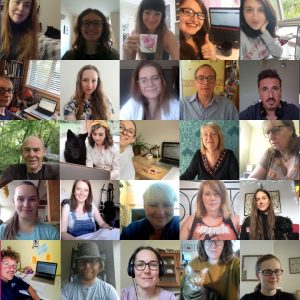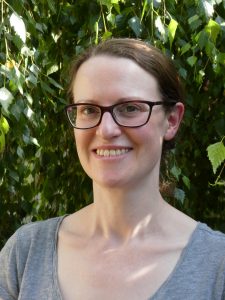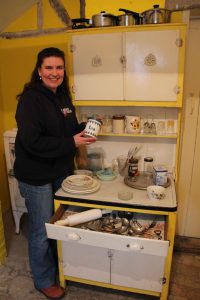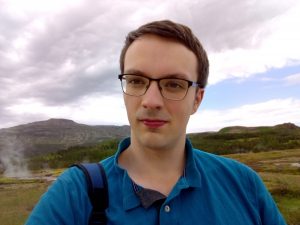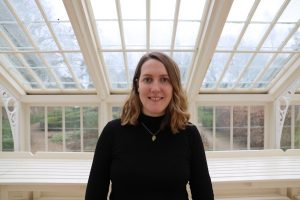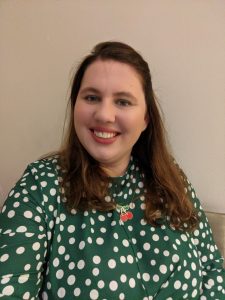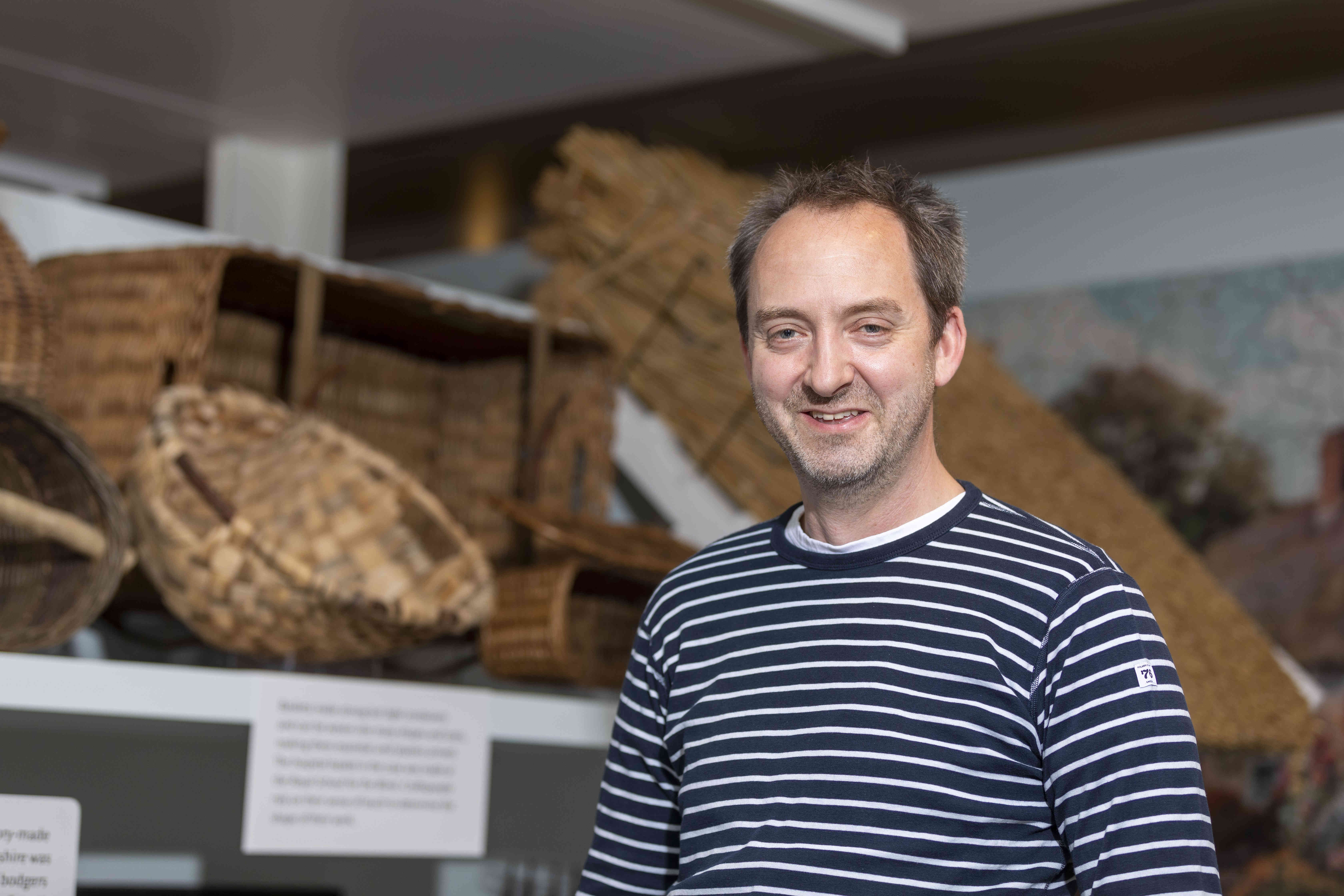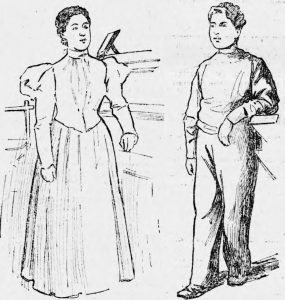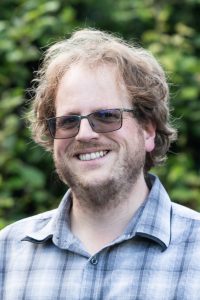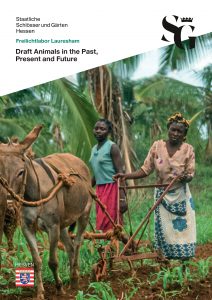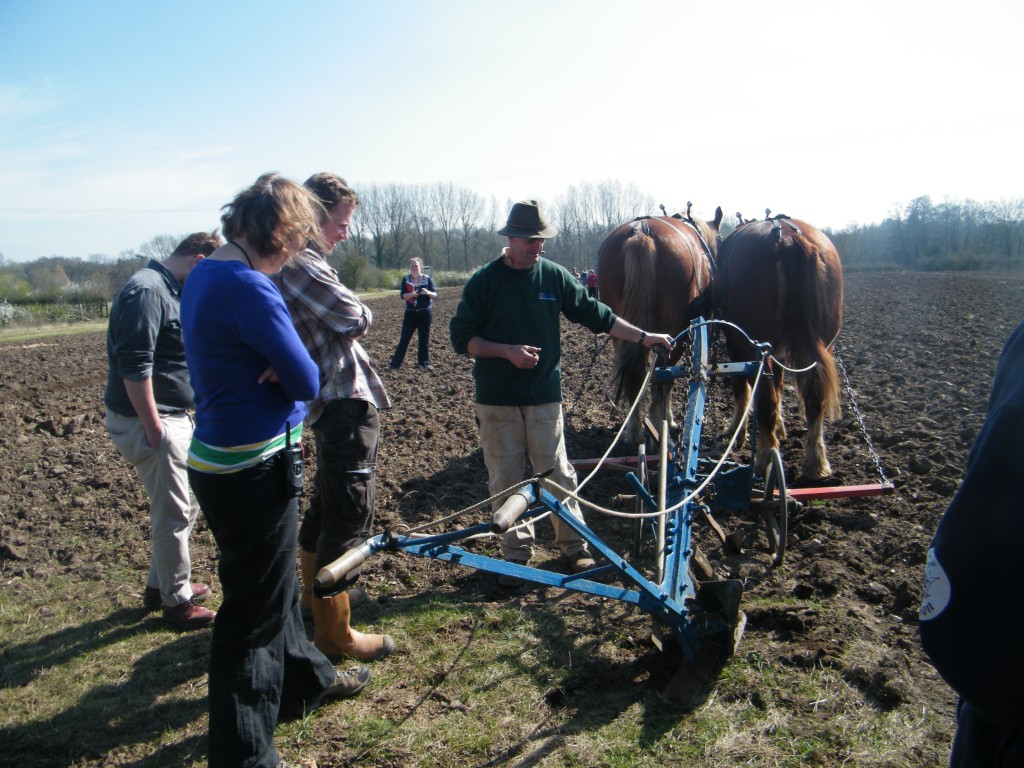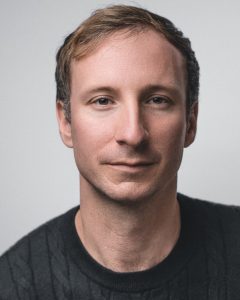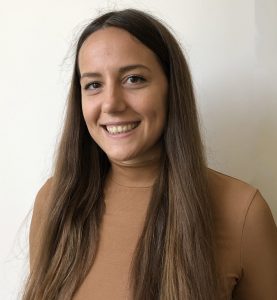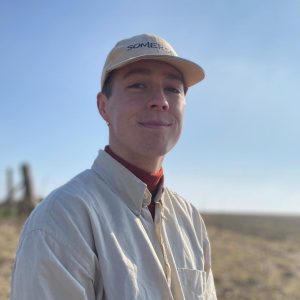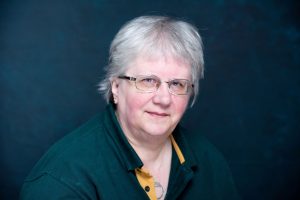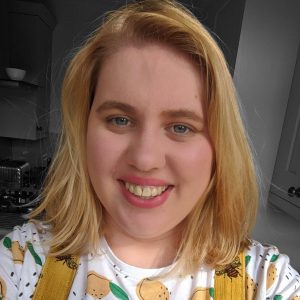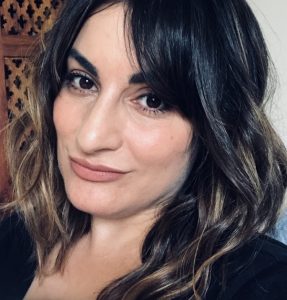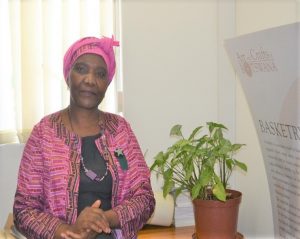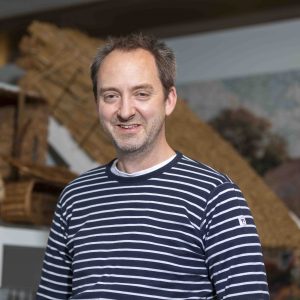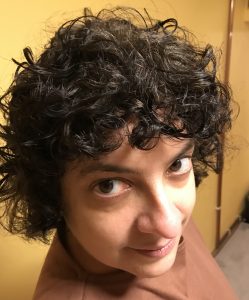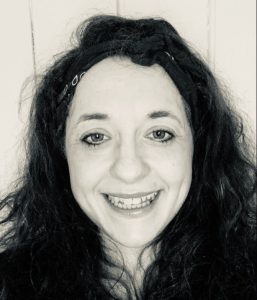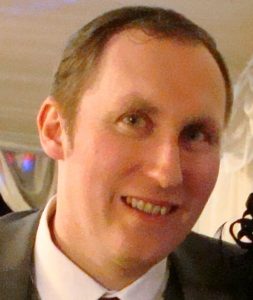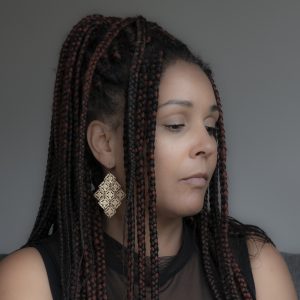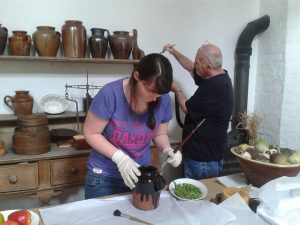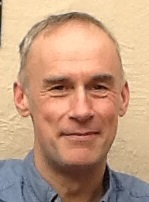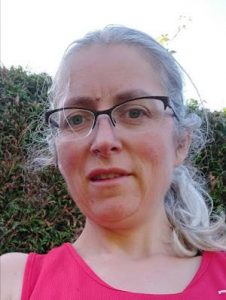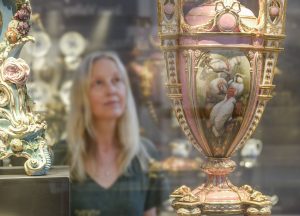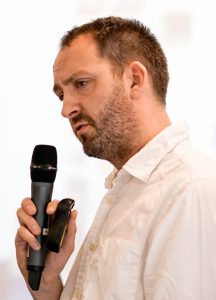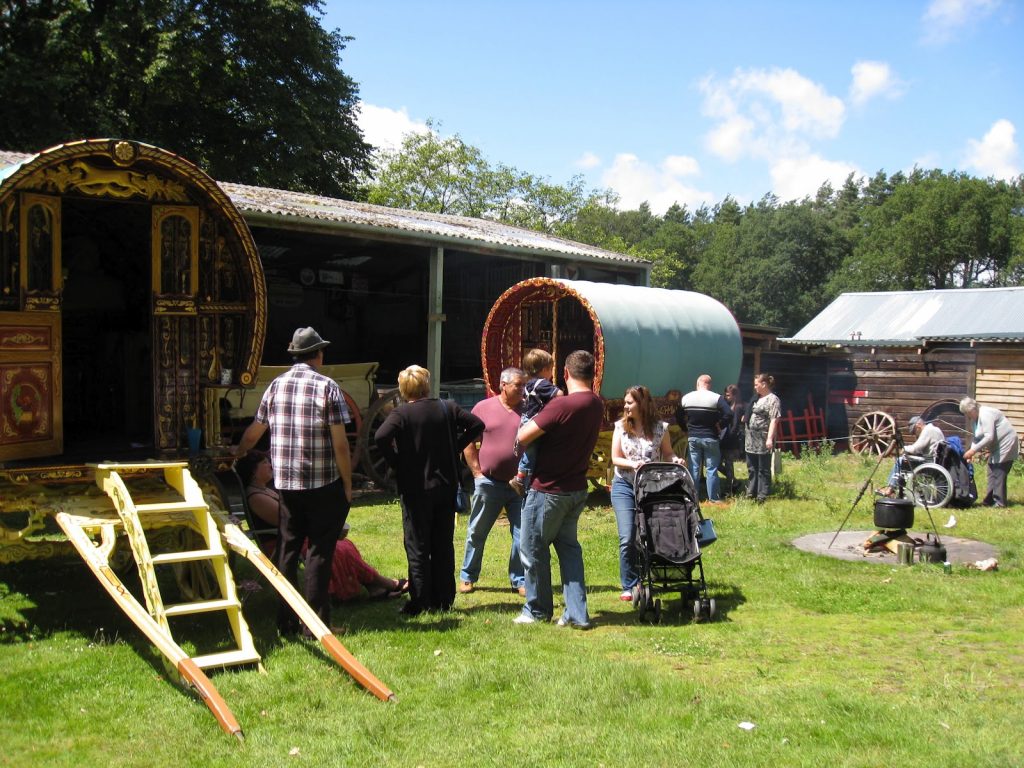
Gypsies are England’s oldest minority: marginalised but never invisible. That’s a challenge for museum displays, because although non-Gypsies have been representing the Romany for centuries, this was very different from the way that people in the community portray themselves. The outside view treats Gypsies as anonymous stock figures in a landscape, through paintings and literature: Gypsy memory is close-up, personal, and relies on traditions like storytelling and song which do not translate easily into the museum environment. Gypsy archives are oral and disconnected. Non-Gypsy archives are abundant but hostile.
So what is a curator to do?
For our May 2022 Rural Voices Seminar Series, we welcomed Jeremy Harte to share the kind of material likely to appear in local collections – postcards, village reminiscences, crafts – to see how they can be pulled out of anonymity into memory with the support of the community. A Traveller presence in museums is welcomed as validation for communities more often talked about than talking.
This session was hosted by Rachael Thomas, curator and conservator, based in Inverness.
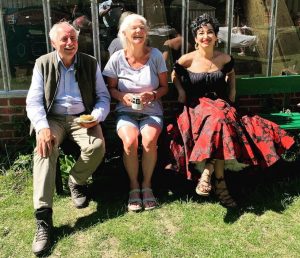
Jeremy Harte is curator of Bourne Hall Museum at Epsom and Ewell, where he has been researching and presenting Gypsy history for twenty years. He is co-organiser of Roma Gypsy Traveller History Month in Surrey, sits on the committee of the Romany and Traveller Family History Society, and has worked with community leaders to create the Surrey Gypsy Archive. He worked on the international Roma Routes project collating Romany material culture in museums. His history Travellers Through Time is the fruit of a project to present an honest portrait of Gypsy history from the inside. He can be found on Epsom Downs each June, enthusiastically buying whatever everyone else is buying. @FolkLoreSociety
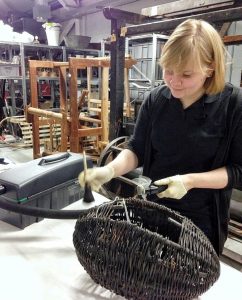
Rachael Thomas is a museum curator and conservator, based in Inverness, who has worked with collections across the Highlands of Scotland. Most recently this has included time as Assistant Curator at Auchindrain Township in Argyll, and as Project Conservator during Gairloch Museum’s award-winning reinterpretation. Her areas of interest include the material culture of Scotland’s Gypsy/Travellers, and the interior decorations, fixtures and fittings of Scotland’s vernacular buildings. She is secretary of the Rural Museums Network. @rachaelthomasconservation

